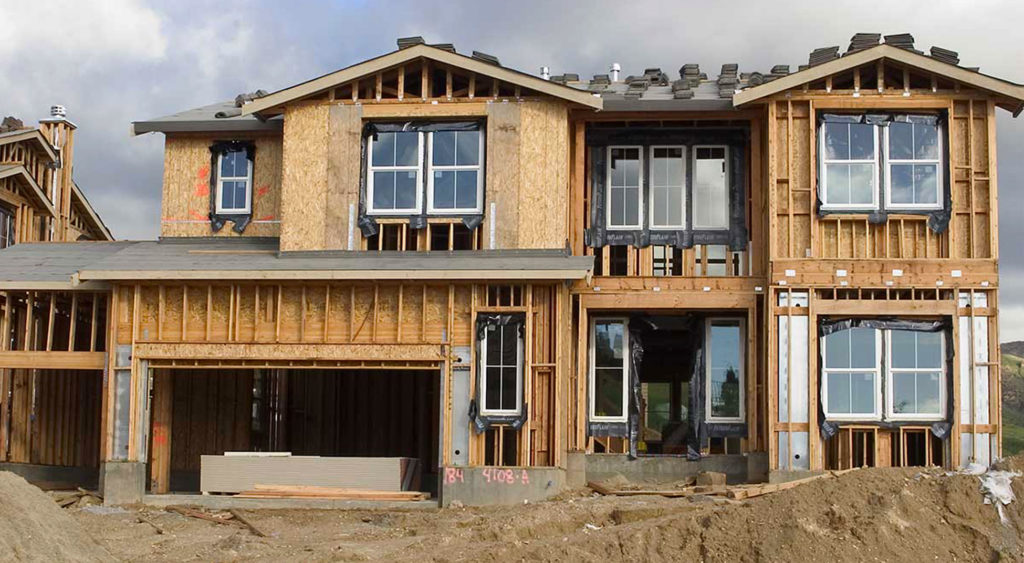
Building Contract Dispute Lawyers
If you are a builder in NSW who carries out residential building works, you will most probably be aware that you need to have a proper written contract for any building works in excess of $20,000.
———— 01. OVERVIEW
We Can Help
If you’re a builder operating in NSW and undertaking residential building projects, it’s important to note that you need to establish a formal written contract for any work valued over $20,000.
A written contract for such works must comply with the requirements of the Home Building Act.
If you’re uncertain about whether the work you’re about to carry out requires a written contract, we highly recommend having a chat to us before commencing work. Our expert team at One Law can provide the necessary guidance to ensure you are compliant with all legal requirements.
Get Help Now
———— 02. INFORMATION FOR BUILDERS
Did You Know?
In addition to the need for a formal written building contract, there are several other requirements that you, as a builder, must adhere to. One such example is the need for insurance under the Home Building Compensation Fund (HBCF), previously known as home warranty insurance.
Many builders utilise standard form contracts developed by various associations, such as the Housing Industry Association (HIA). It’s important to note that there’s no legal obligation to use these contracts, as long as your written agreement aligns with the provisions of the Act.
At One Law, we frequently assist builders seeking advice on contracts before formalising them with a homeowner. On occasion, these builders have drafted their own contracts and seek our guidance prior to distribution.

———— 03. HELP
What are Building Contracts?
Building contracts are a particular category of agreements that require specialised legal knowledge.
At One Law, we advise on a range of building contracts – whether these are standard form industry contractor drafted to suit specific business needs.
When considering entering into a building contract with a homeowner, its crucial to assess several aspects, including:
- Compliance with the Act – ensure that your contract aligns with the requirements stated in the contract
- Suitability of Standard Provisions. This means if the contract incorporates standard form provisions as well as needing to verify whether these are applicable to your individual circumstances or if they need to be tailored by including special conditions.
- Whether the contract needs to include limitation or exclusionary clauses to limit your liability against losses of unusual nature. This is particularly important if other contractors will also be carrying out work overlapping your work.
- Whether the contract compensates against late payment. This is an important aspect of all building contracts (not just residential) where the builder is responsible to pay other contractors and sub-contractors.
For any queries on the above, don’t hesitate to give us a call.
———— 04. RECENT WINS
Success Stories
$2.2m
Lorem sit Amet
Excepteur sint occaecat cupidatat non proident, sunt in culpa qui officia deserunt mollit anim id est nisi ut aliquip ex ea commodo consequat laborum.
$900k
Lorem sit Amet
Excepteur sint occaecat cupidatat non proident, sunt in culpa qui officia deserunt mollit anim id est nisi ut aliquip ex ea commodo consequat laborum.
———— 05. FAQ
Frequently Asked Questions
What’s the difference between a major and minor defect?
A major defect is a building defect to a major element that causes (or is likely to cause) either:
(a) The inability to occupy or use the building (or part of it) for its intended purpose
(b) The destruction of the building, or part of it, or
(c) A threat of collapse of the building, or part of it
A minor defect are smaller defects that can affect how a building looks or functions. But minor defects don’t compromise the integrity of the building structure.
How long after practical completion can a homeowner make a defect claim?
Under the Home Building Act 1989 (NSW), owners have:
- Two years to make a claim for compensation against a builder for minor defects
- Six years to make a claim against a builder for major defects
What is Practical Completion?
Practical Completion is when the builder completes the work outlined in the contract. This is except for any omissions or defects that don’t prevent a homeowner from using the home or renovations.
I’m a builder and a homeowner has made a claim against me. Can I defend it?
This is where one of our building and construction lawyers comes in to help builders.
We’ve found that there are many occasions where builders can defend defect claims. The defence tends to fall under one of the following categories:
1. The builder is not responsible for the defect as it wasn’t part of the Scope of Work
2. The builder doesn’t believe the work is defective, or
3. The homer brought the claim out of time.
If you’re a builder who needs help defending a claim by a homeowner, contact us for an obligation-free chat.
Do we need to go to Court?
Not at all. In fact, we work hard to get you an early settlement so that Court proceedings aren’t necessary. This means less stress for you. And it keeps your legal costs and the impact on your profitability to a minimum.
———— 06. WHAT OUR CLIENTS SAY
Our reputation for support, and our dedication to your success is the reason we continue to grow
———— 07. OUR TEAM
Your Business & Commercial Law Specialists
At One Law, we understand that every case is different, and we take the time to get to know your situation. We are your local lawyers with access to resources in all states, so you know your case is in good hands no matter where you are in Australia. Meet our Business and Commercial Law Specialists
Do you need a Business or Commercial Lawyer?
Call us on our advice line 1800 663 529 or leave your details and we’ll call you.










